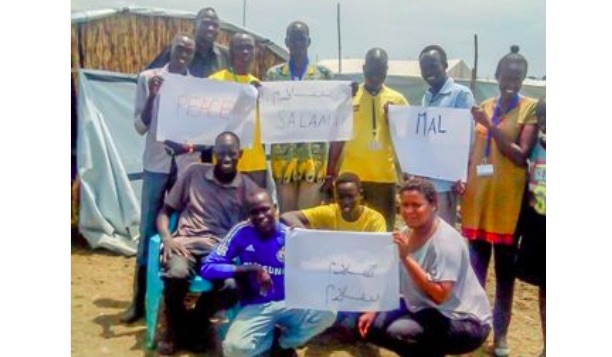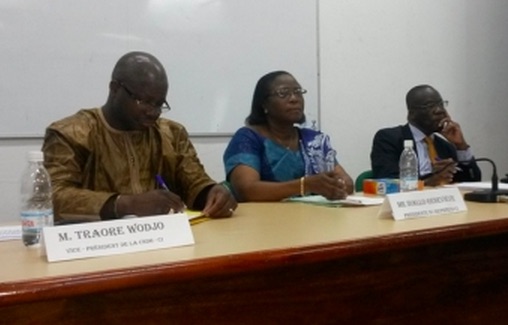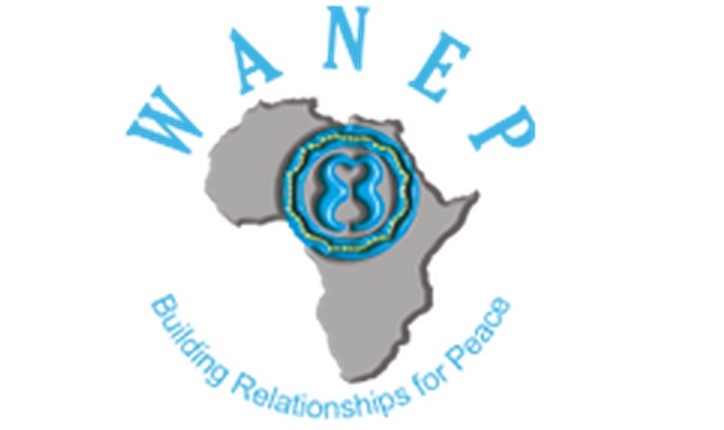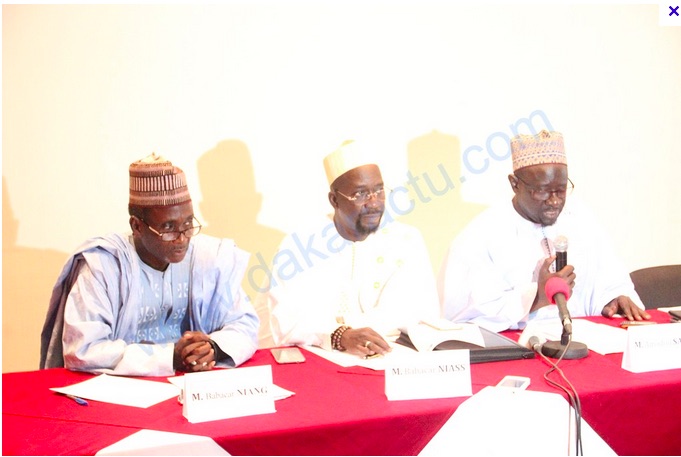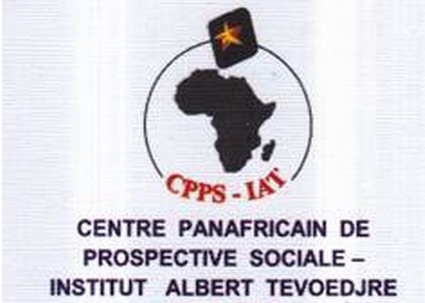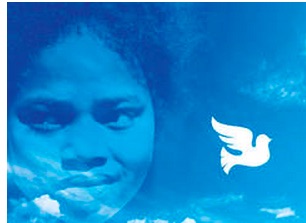DISARMAMENT & SECURITY .
An article by Godwin Muzari, The Herald (Zimbabwe)
Dancers, actors and poets will come together to commemorate the International Day of Peace with performances at Zimbabwe Hall in Highfield. The International Day of Peace is celebrated on September 21 and the performances are set to take place on September 25. The programme was put in place by EDZAI ISU Theatre Arts Project founded by acclaimed actor and director Tafadzwa Muzondo.

Blessing Hungwe in “Burn Mukwerekwere Burn”
One of the plays that are likely to be outstanding at the event is “Burn Mukwerekwere Burn” a 2010 production written by Blessing Hungwe. The anti-xenophobia play is a story of two Zimbabweans that are caught up in a dangerous situation following violence against foreigners that erupts in South Africa.
The characters, initially separated by tribal lines, realise they have more in common than their perceived differences. On their way to escape the horror of xenophobic attacks, the Zimbabweans eventually concur that love for their country and the fight for survival bind them together.
“Burn Mukwerekwere Burn” was showcased at the Harare International Festival of the Arts (2010) and had a run at Theatre in the Park. The play won a National Arts Merit Awards accolade and has been staged outside Zimbabwe and recently toured Germany.
Despite being written in 2010, last year’s xenophobic attacks in SA reignited interest in the production and it has been on rotation on various stages, culminating in its invitation to the Zimbabwe Hall event. Also featuring on the Zimbabwe Hall stage would be poet Mbizo Chirasha, well-known for his poem “Africa My Motherland”.
Chirasha was recently in Zambia for performances and said he is geared up for the upcoming International Day of Peace celebrations. “It is an honour to be invited to take part at such an event. I have been on a regional tour and I am more than prepared to go on a local stage at a big event,” said Chirasha.
“As poets we are glad to celebrate peace and condemn violence. There is war in many countries and some big nations are fanning violence in small nations. We have to add our voice in condemning war and violence. We want peace in the world and we will preach peace through poetry.”
The list of dancers at the event will be led by award-winning Zvido Zvevanhu dance ensemble from Mufakose. The group, which is led by Gibson Sarari, has made headlines during international tours and remains one of the best traditional dance ensembles. Sarari said the group will showcase various traditional dances at the event.
“It will be a big event for us. We have performed at various stages locally and internationally and we will continue showcasing various Zimbabwean traditional dances,” said Sarari. “We will mainly be showcasing celebratory dances because it will be a day to celebrate peace. We want the Highfield community to join us in the celebrations. We will dance to peace and sing songs of peace.”
(Article continued in right column)
How are you celebrating peace day
(Article continued from left column)
Muzondo said the programme was part of a new project by Edzai Isu called TISU.COM (Theatre Inspired Social Unity for Community Organisation and Mobilisation). The programme is supported by Culture Fund of Zimbabwe Trust in partnership with SIDA and DANIDA.
“We will be bringing award winning and internationally acclaimed theatre plays to Zimbabwe Hall so that communities can watch internationally acclaimed plays by professional theatre practitioners every last Friday of the month starting with International Day of Peace and ending on World Theatre Day (March 27),” said Muzondo.
“Each professional play will be complemented by a community play followed by post performance discussions and spiced by guest poetry, dance and/or music appearances every month end targeting women and young people in Highfield and beyond.
“We have already identified the plays to showcase and we trained seven community groups in transformative theatre so that they incorporate some of the strategies in their work as community development communicators.”
